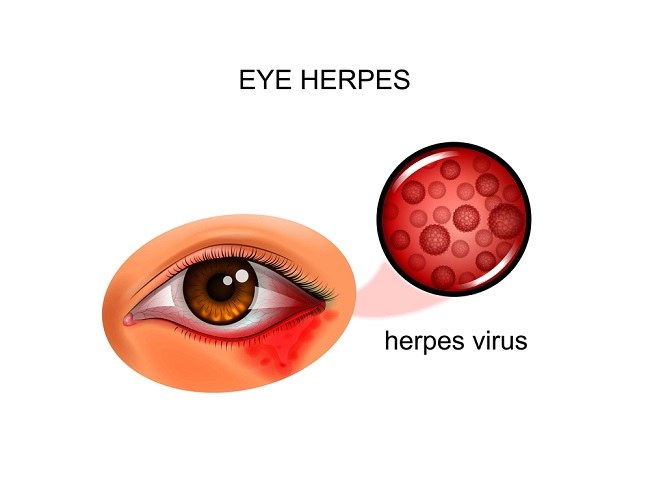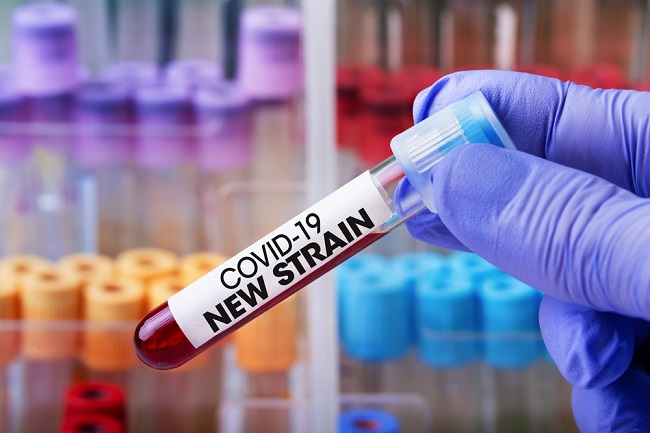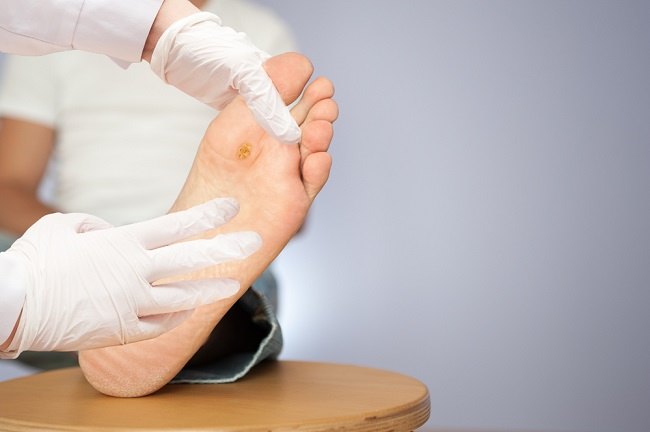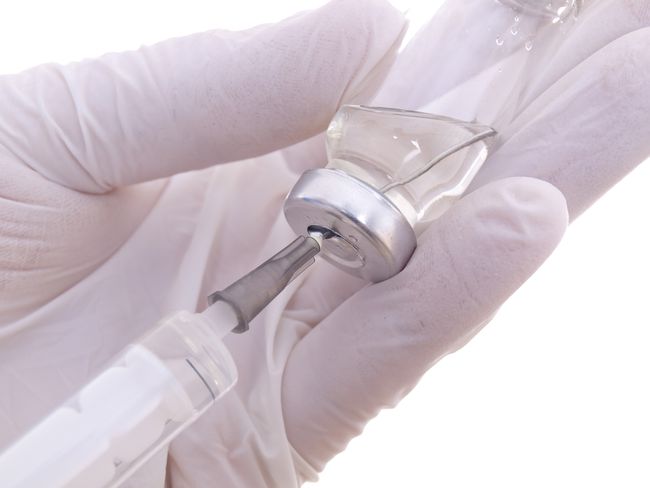Skin asthma is a common condition in infants and children. Asthma skin can cause itching that can trigger your little one to scratch his skin. Come on, recognize the symptoms and treatment of skin asthma in child.
In the medical world, skin asthma is called atopic eczema or atopic dermatitis. This disease most often occurs in infants and children under the age of 5 years (toddlers). Sometimes this disease can also occur in adolescents and young adults.

Symptoms and Causes of Skin Asthma
One sign of a child having skin asthma or atopic dermatitis is the appearance of reddish patches that look like scales. In addition, the skin also becomes dry and very itchy, looks thicker, and appears as a lump filled with clear fluid.
In infants, skin asthma can occur on the face, scalp, neck, behind the ears, and folds of the elbows and knees. In children and adolescents, skin asthma often appears on the elbows and knees, neck, wrists and feet, and groin.
Skin asthma can occur when a child's body doesn't produce enough ceramide, namely fat cells that function to protect the skin. Lack ceramide can make the skin very dry.
Skin asthma is not a contagious disease, and is generally hereditary. If Mom or Dad has ever suffered from skin asthma, your little one is also more at risk of experiencing this condition.
A few stepsMaintenance Skin Asthma
Asthma skin can make children cranky because they feel very itchy. To relieve the symptoms of skin asthma, you need to take care of your little one's skin more painstakingly.
One of the keys to caring for a baby's skin with skin asthma is to keep him from scratching it. This is to avoid infection and irritation, as well as the formation of blackened scars.
The following are some ways to treat the skin of babies and children who suffer from mild skin asthma:
1. Keep baby or child's skin moist
The itching feeling due to skin asthma that is felt by your little one can be reduced if the skin is kept moist. To relieve the itching, Mother can bathe the Little One with plain water (not hot or cold) for about 10 minutes and do not exceed that time.
In addition, Mother can also give a wet compress with plain water for 10–20 minutes to help overcome itching complaints due to skin asthma in Little One.
2. Use mild chemical soap
When bathing your little one, choose a baby soap made from soft ingredients that do not contain fragrances or antibacterial ingredients.
If your little one's skin is not dirty, you can simply bathe him in plain water without soap. This is useful for preventing the recurrence of skin asthma symptoms suffered by the Little One.
3. Use baby moisturizer
Apply a moisturizer that contains ceramide or an unscented moisturizer after a shower. To determine the right type of moisturizer, you can consult a doctor.
4. Use drugs
To relieve the symptoms of skin asthma in your little one's body, you can give anti-allergic drugs to relieve the itching symptoms that he feels. In certain cases, skin asthma in infants and children needs to be treated with creams or ointments containing hydrocortisone according to doctor's prescription.
5. Choose baby clothes that are soft and can absorb sweat
Mothers should choose clothes that are soft and can absorb sweat, such as cotton, so that the little one's body is not prone to sweating or prickly heat. Avoid baby clothes made of wool and nylon because these two materials can irritate your little one's skin.
When putting on baby clothes, also try not to put your little one in tight or layered clothes.
In addition, Mother is also advised to always place the Little One in a cool and clean room. Avoid the Little One from hot or cold weather, because extreme temperatures can make asthma symptoms recur.
Mothers also need to maintain good air quality, for example by using a humidifier and making sure no one smokes near the little one.
So that your little one's skin is not easily injured, you also need to regularly trim his nails or wear baby gloves so that your little one doesn't hurt his skin when he scratches his skin, if his skin asthma recurs and makes his little one's skin feel itchy.
If your little one's skin asthma has not improved or has gotten worse even though the above treatment steps have been taken, you should take your little one to the doctor.









